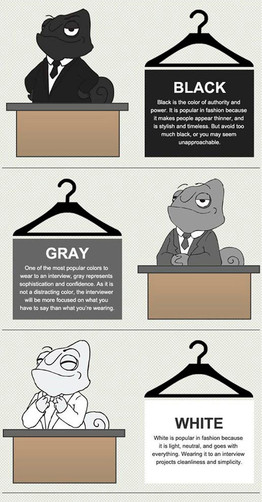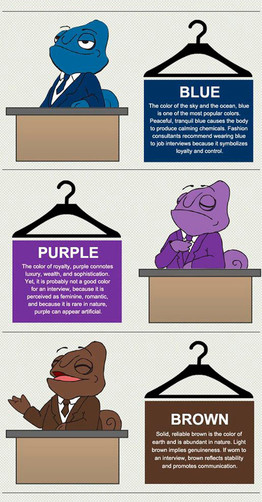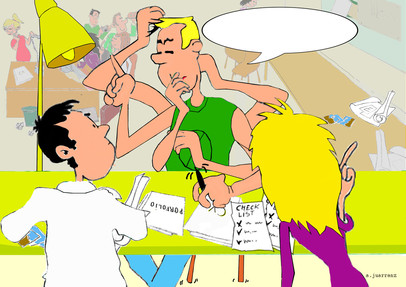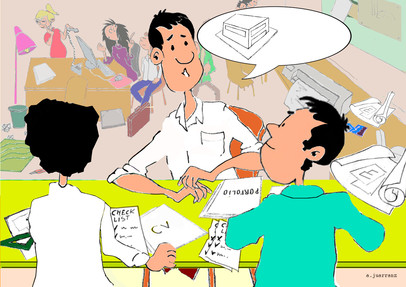Professional Applications in English for Architects
Unit 4. BODY LANGUAGE
BODY LANGUAGE ALSO MATTERS
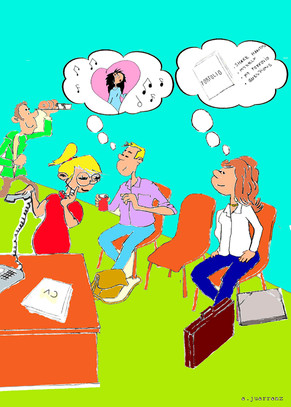
First impressions are also important. The image you provide from the very first stage of the interview process can count positively or negatively.
An interview may last for 30 minutes or more but studies have shown that someone forms judgments about you within four minutes of meeting you and that these judgments affect their subsequent impression.
Body language during the interview process is important. It can help you at socializing such as making better impressions to appear likeble or friendly, in your career, job applications and interactions with the interviewer. At the interview candidate and recruiter can read between the lines of any given situation and have a more in-depth awareness of what is happening around you.
Body language might be defined as “what we say without saying anything”
Most of the impact you create during an interview is based on your visual
and non-verbal communication.
Non-verbal communication in an interview process can be related to:
What you look like: dress in an appropriate way. Be yourself in a smart or casual way but don´t look weird or odd. Classic style is always a positive way of providing an appropriate look in an interview, in other words, clean and elegant. Also remember that the recruiter should recognize you from the picture enclosed in C.V. Cleavages and straps are not the best option in pictures and don´t wear strong perfumes.
How you walk, sit, act: sit upright with a proper hands position. Don´t move your hands as much as some cultures tend to do. If you are aware of having any tics try to control them by practising. Don´t cross your arms, as it can make you appear defensive.
Eye contact: Maintaining good eye contact during the interview process provides you with a proper image. The interviewer can read in your eyes your motivation, sincerity and interest. Looking downwards or at anything other than the interviewer can make you appear disinterested for the position.
The style, tone, and delivery of your voice:
Probably when you are nervous you tend to talk fast or/and tend to use a repetitive tagline. Try to relax and don´t use slang words.
How confident you can appear to be: An interview will decide if you fit into the practice organization so try to smile and establish a rapport with your interviewer.
SITUATIONS ILLUSTRATED IN CARTOON
The following cartoons show the most common do’s and don’ts that a candidate can produce when the interview is in process.
Don’ts
|
Do’s
|
Do you identify with any of them, either positive or negative, as one you could produce in an interview?
Has anyone ever mentioned that you have this habit?
Ask your family and friends around and think about it yourself. Sometimes, we can be aware of them when we see them in other people.
Here you have some classic negative signals that you can bring during an interview
- I hesitate when I speak.
- I don’t vocalize very well when I speak.
- I move my hands a lot.
- I touch my hair when speaking.
- I scratch my head when speaking
- I tend to answer “yes” or “no”.
- I talk too much
- I talk fast
- I tend to slouch on the chair.
- I invade the other person´s space
- I use my finger to make a point.
- I use too many “um”,” well”,” ok” ,“ers”, “buts” …etc.
- I look downwards or upwards.
- I giggle nervously.
- I cough nervously
- I bite my lips
- I bite on pens or other objects
- I rub my eyes
Now list another two you have seen in somebody else which you didn’t like!
WHAT CLOTHING COLOURS SAY ABOUT YOU
